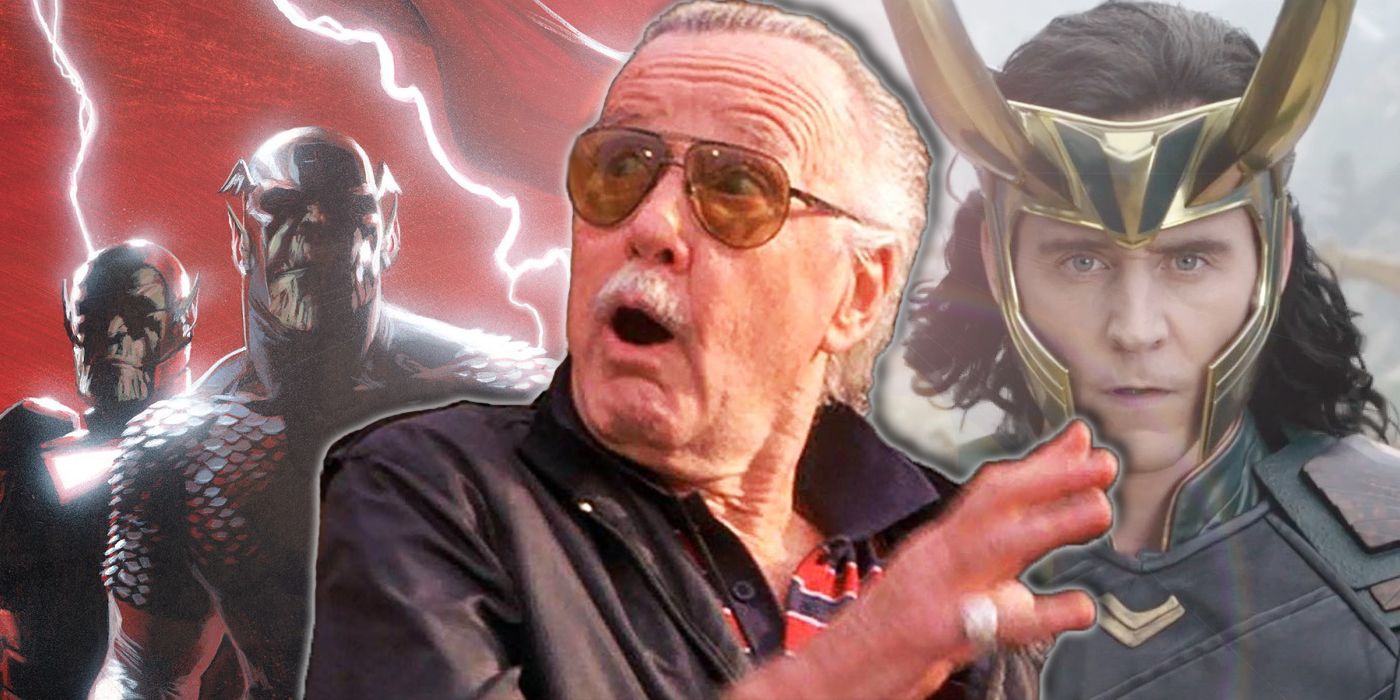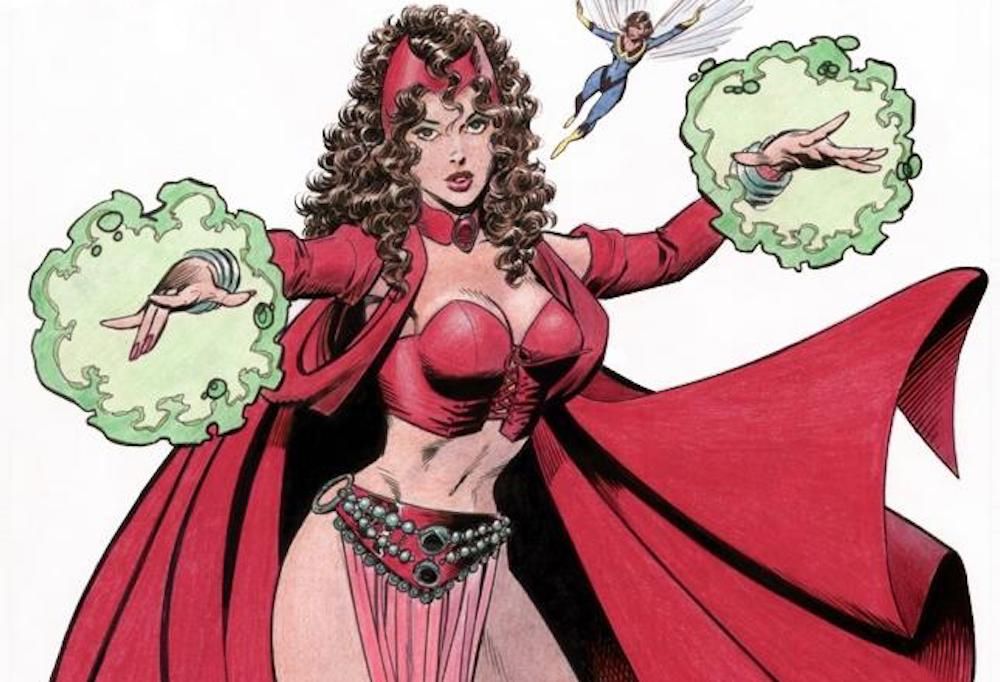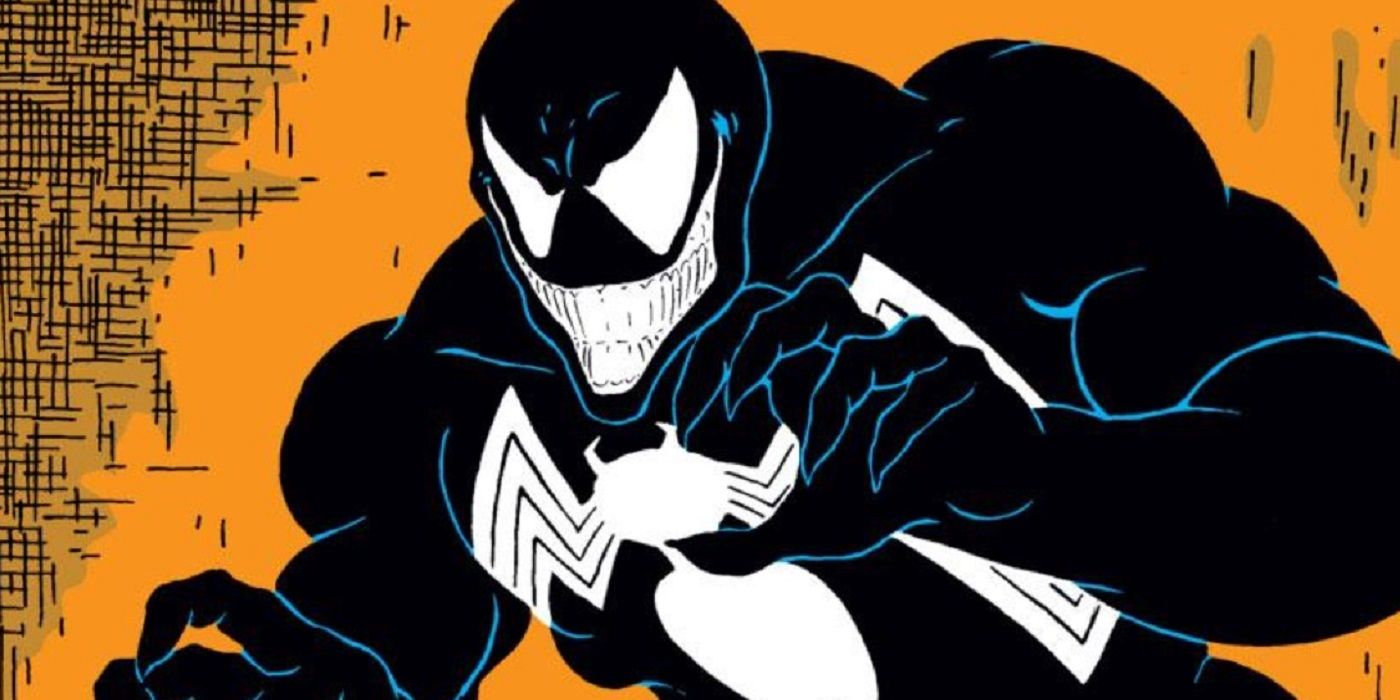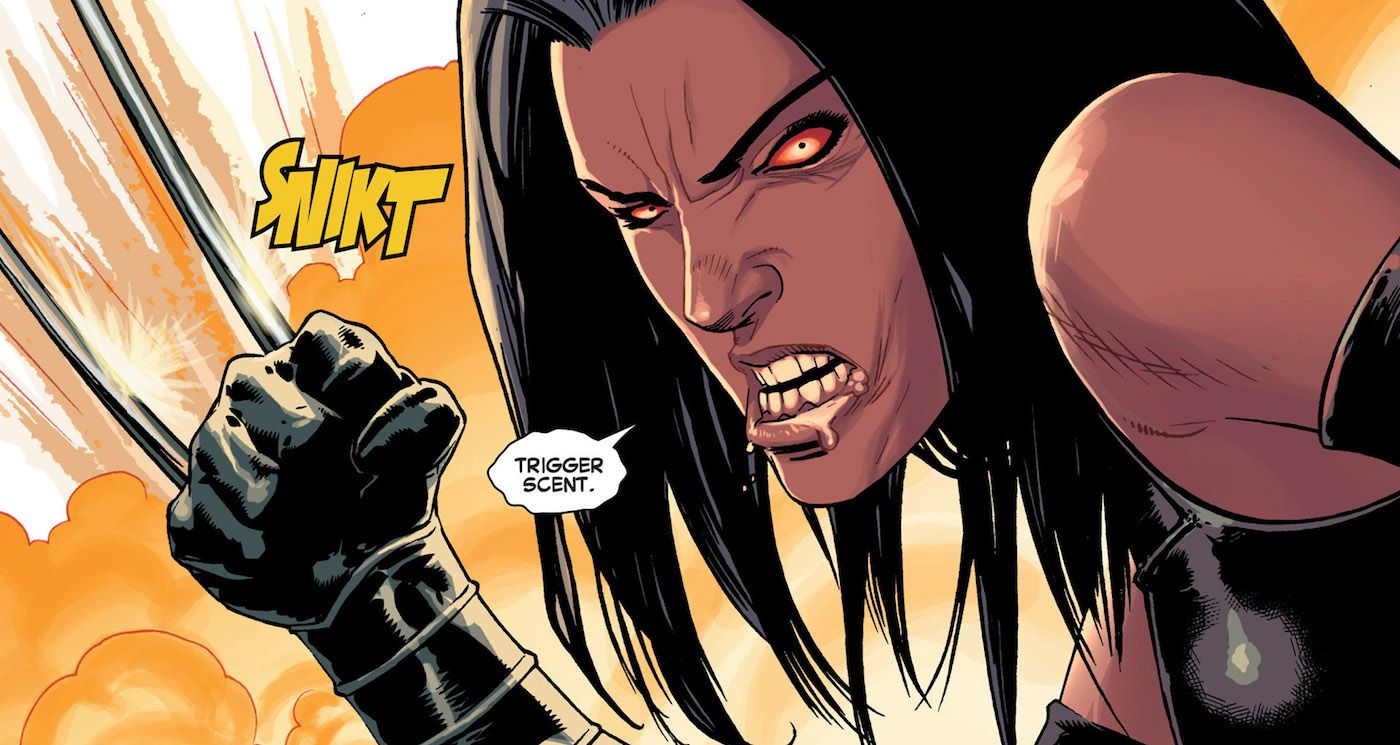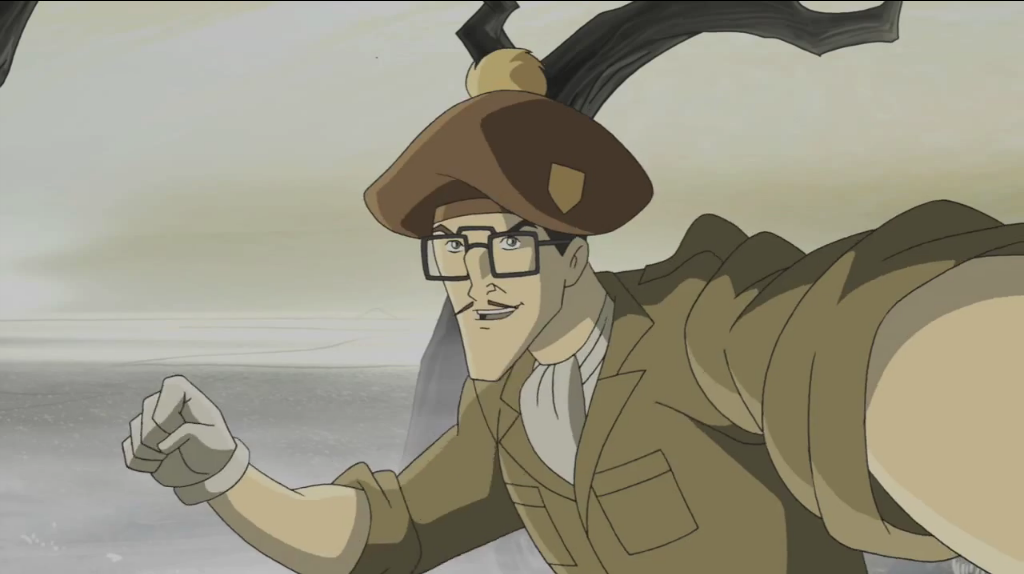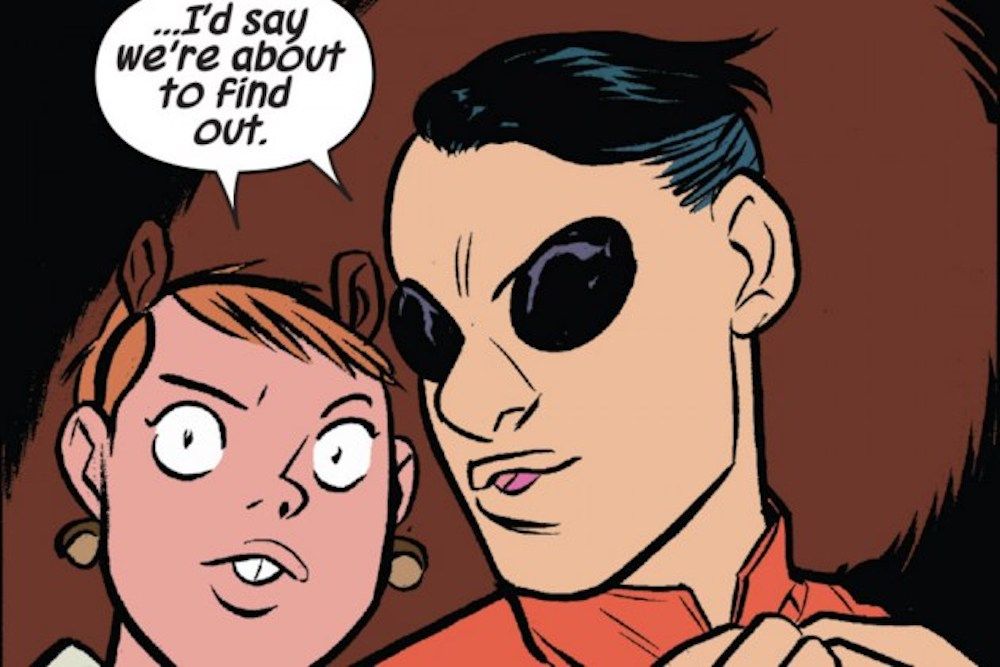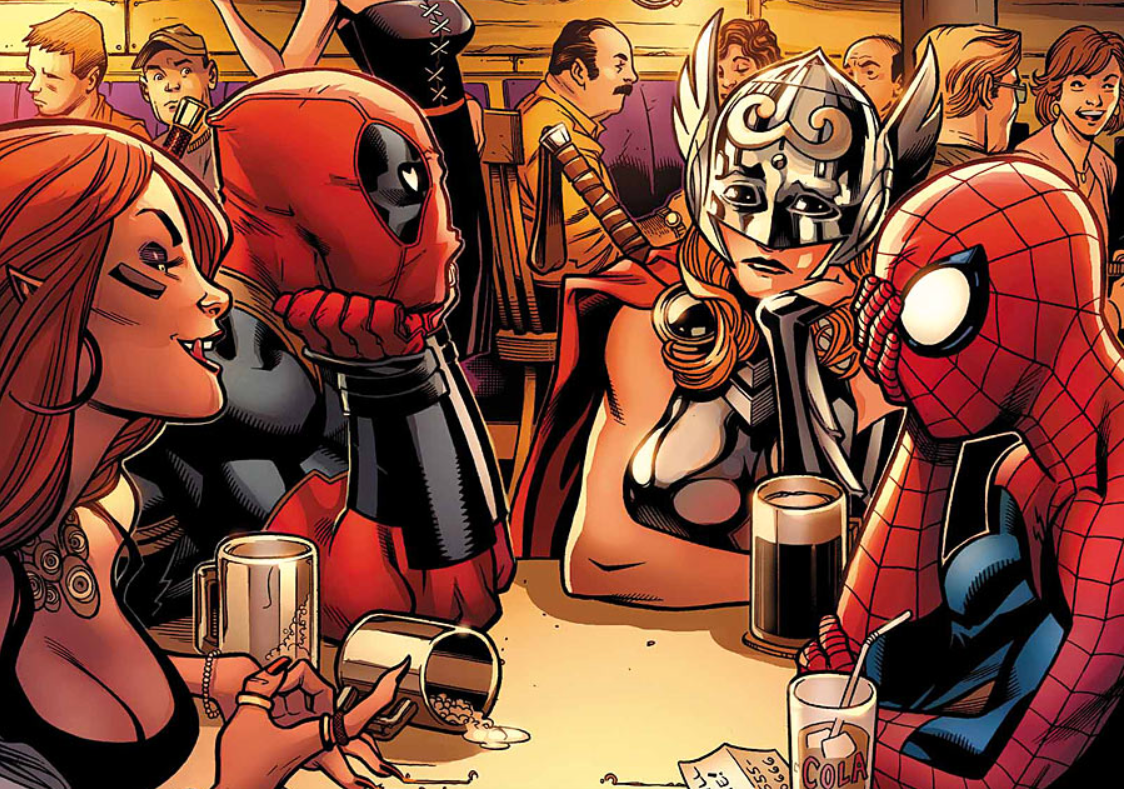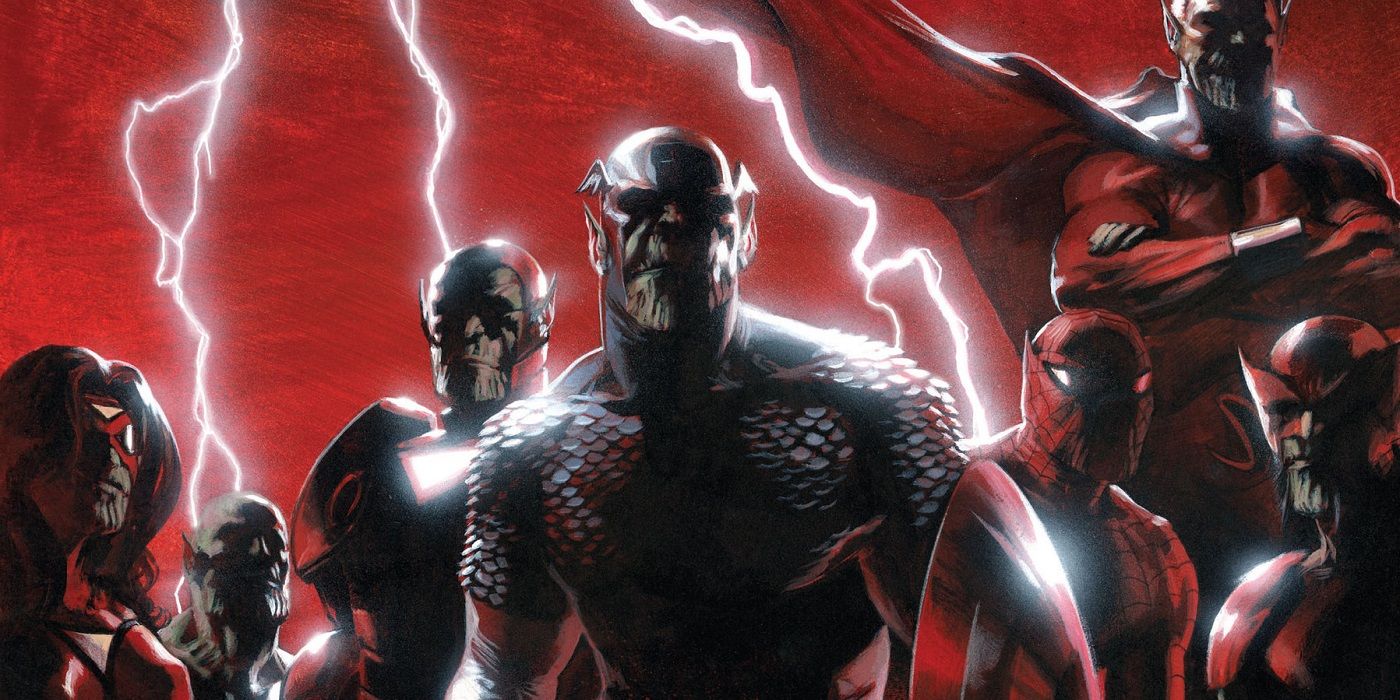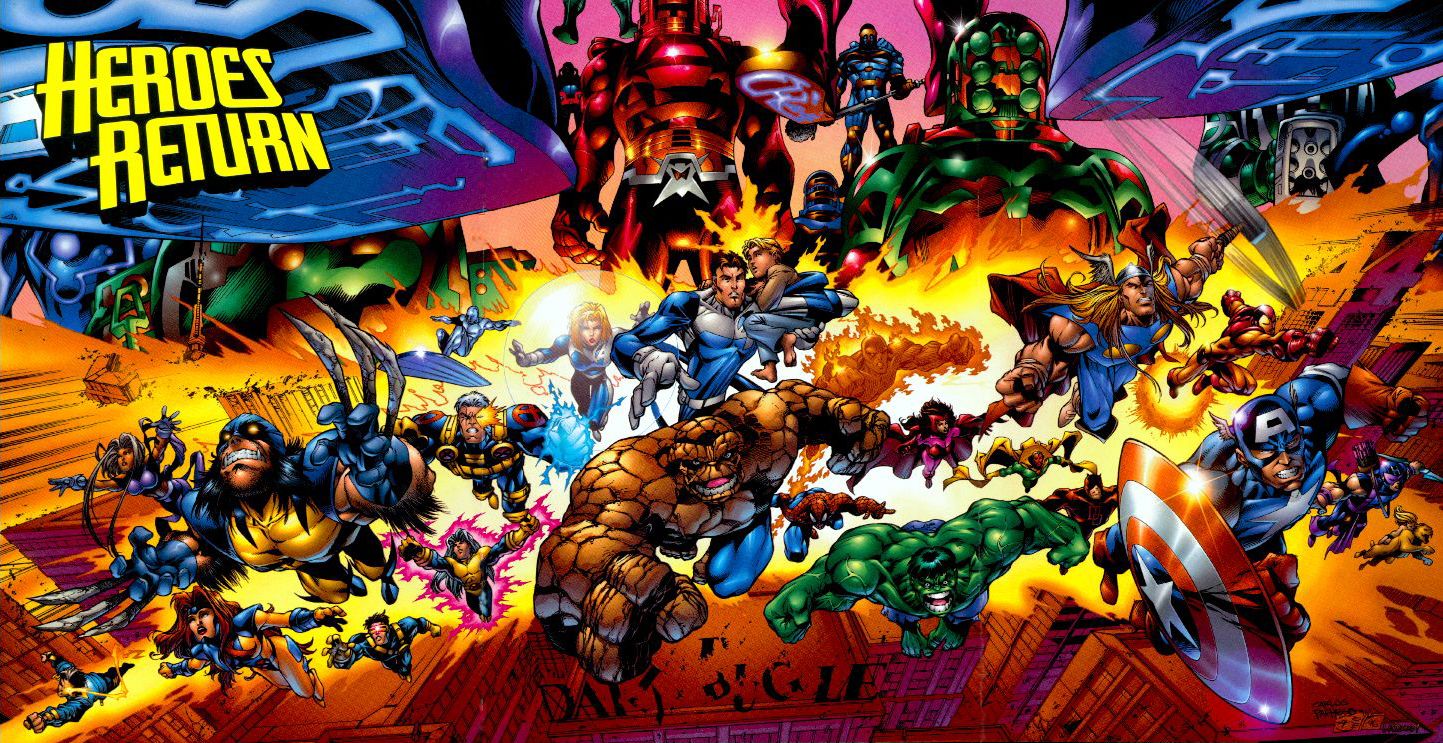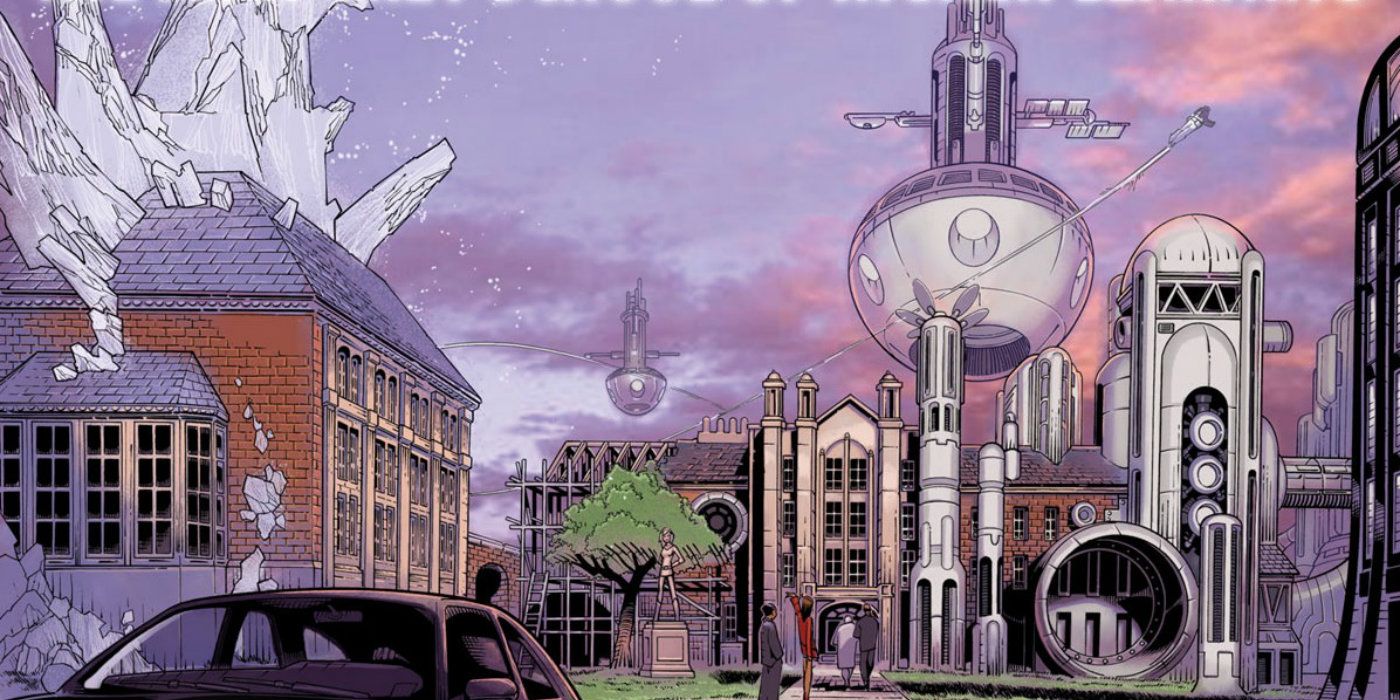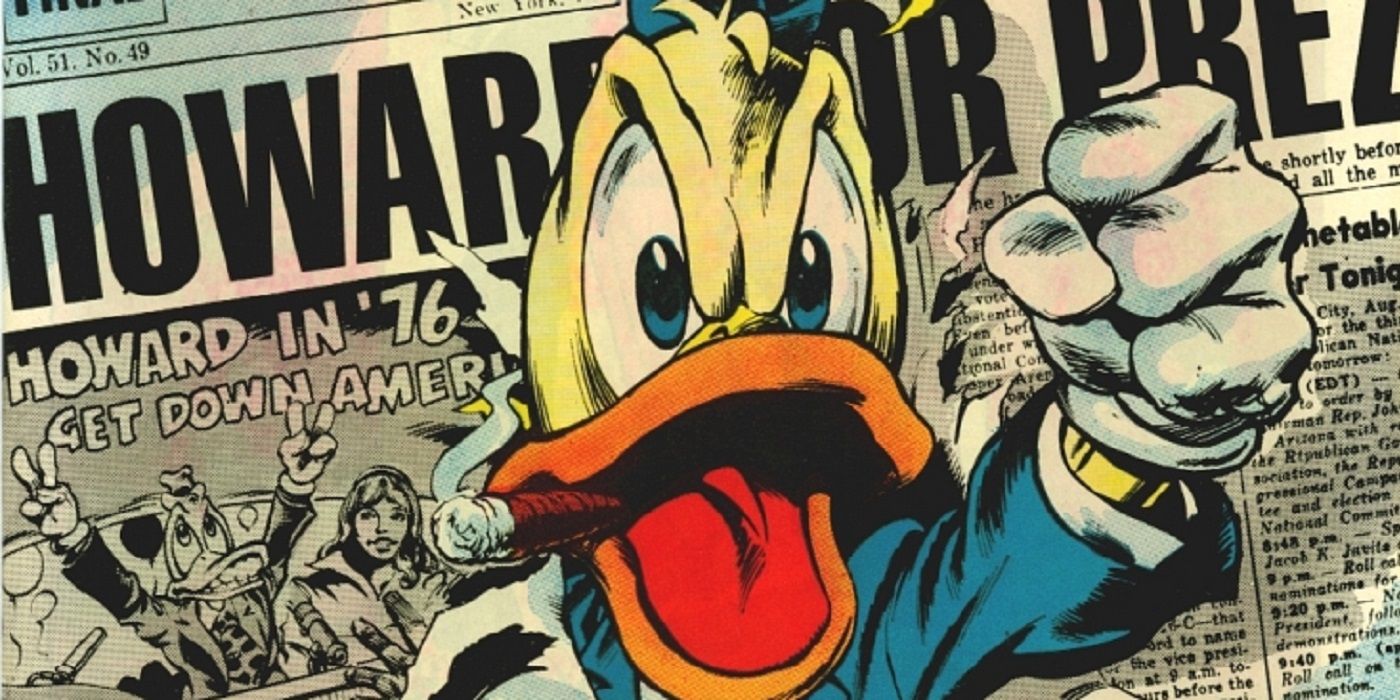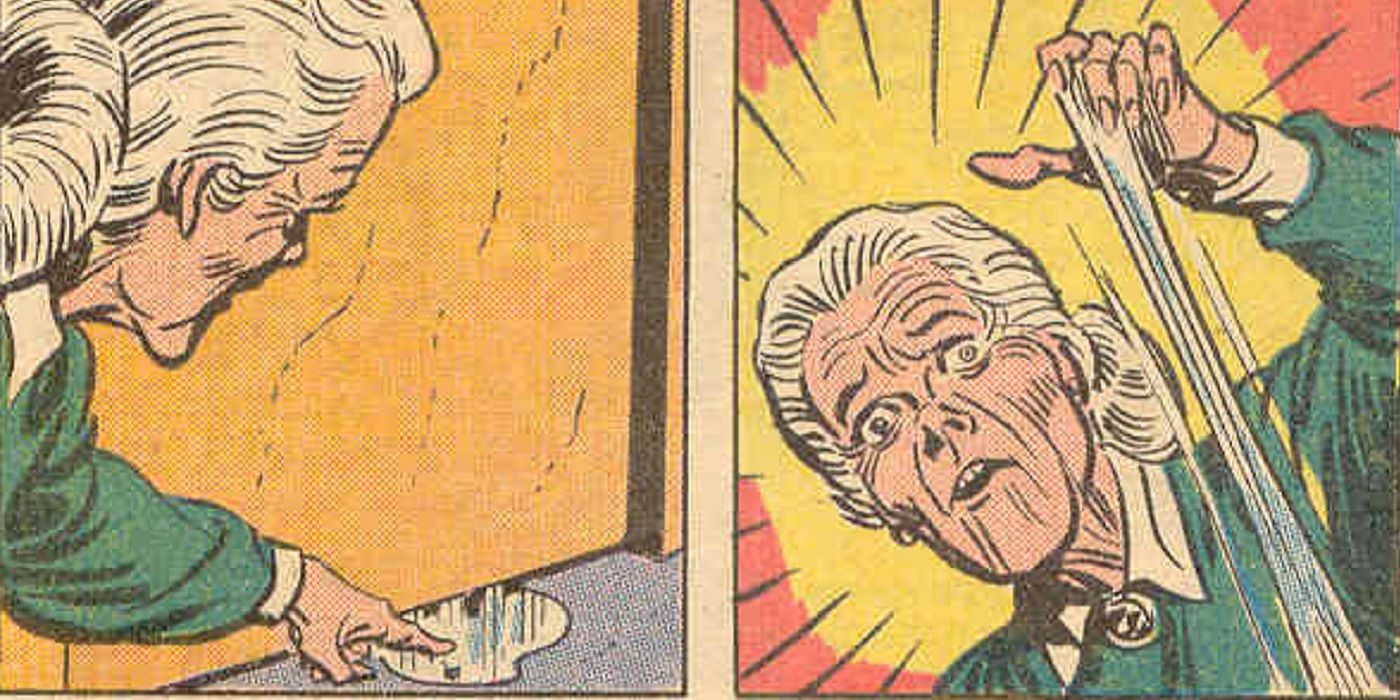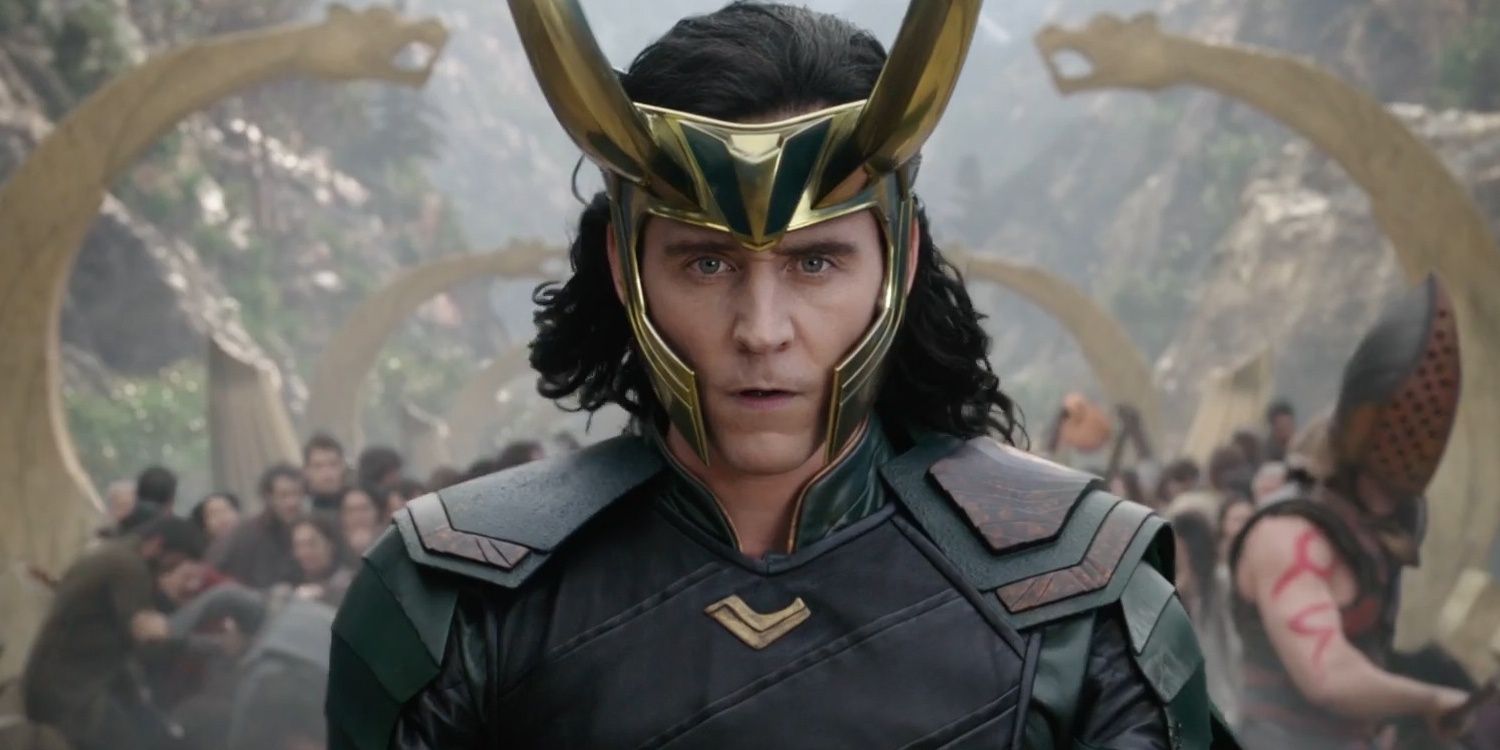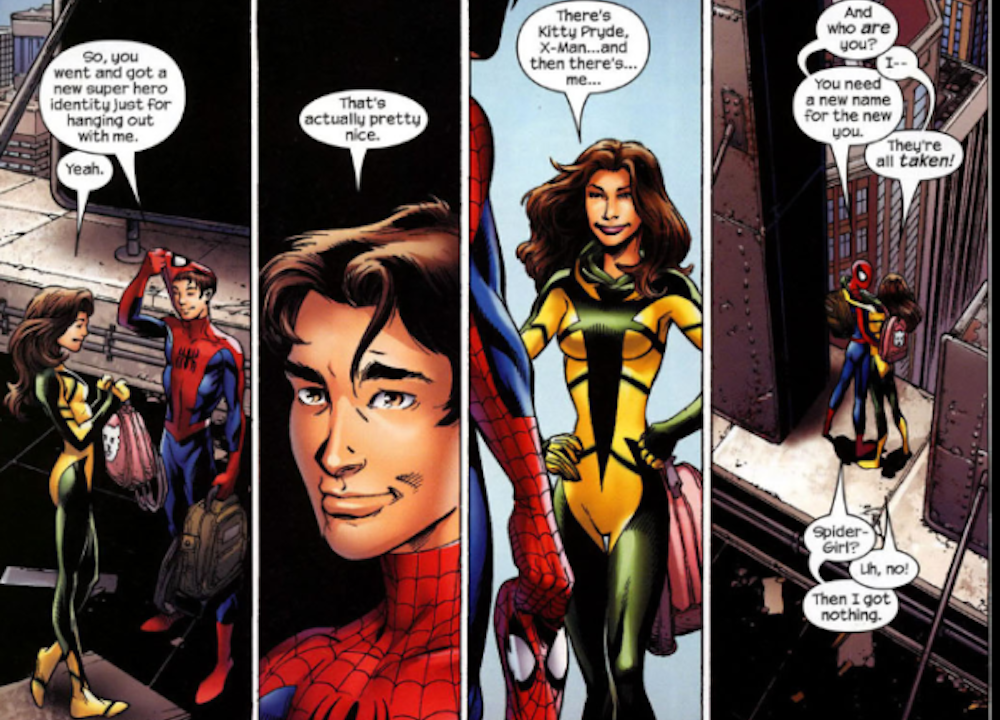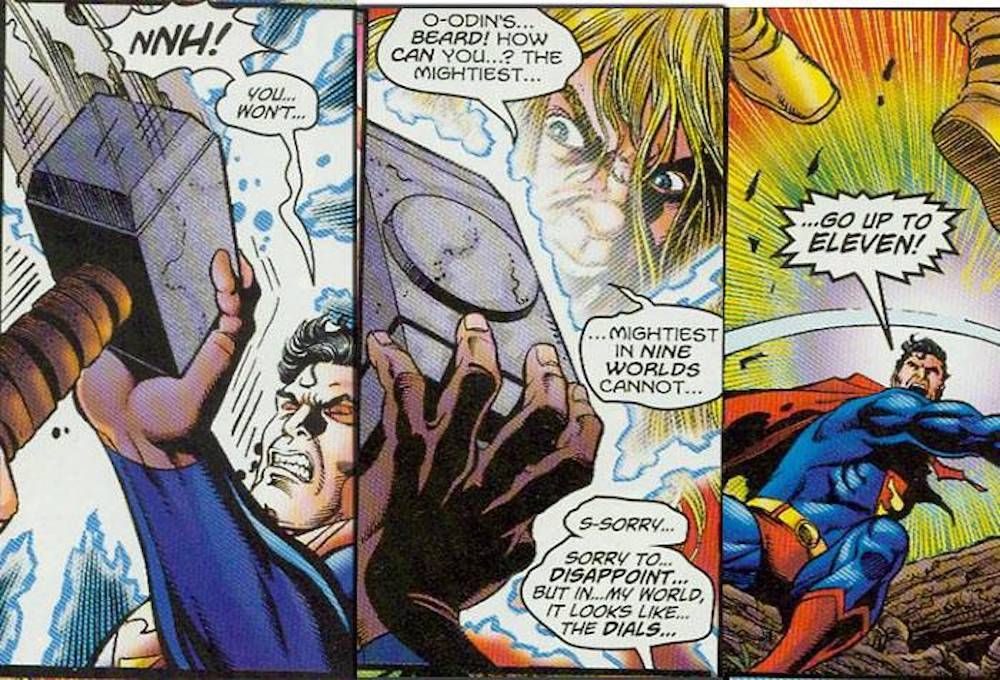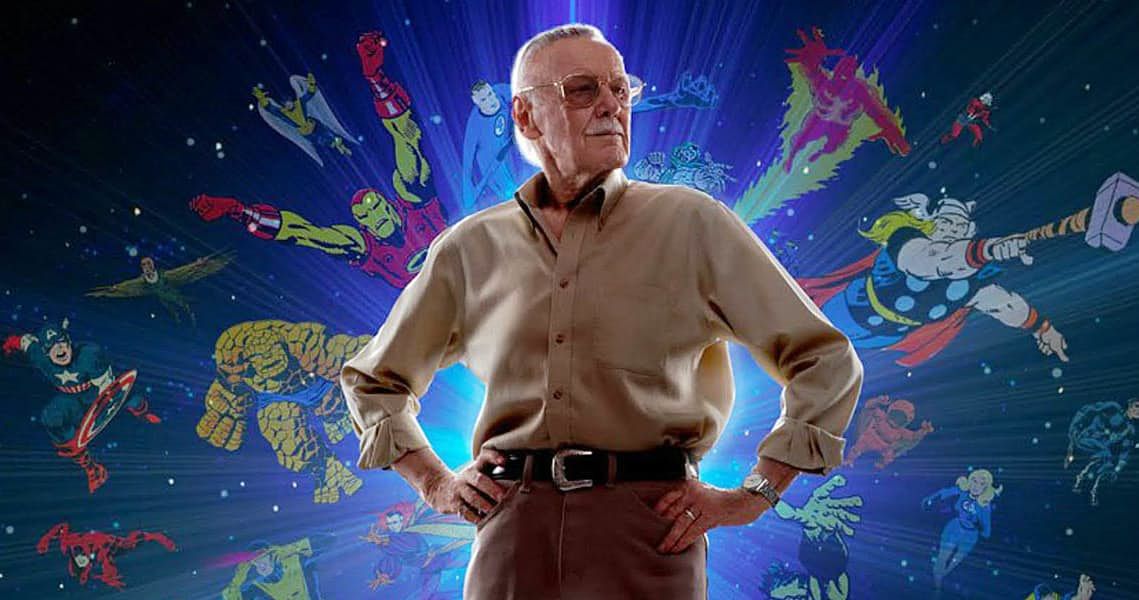Have you ever been reading a comic that's left you with a burning question? You wait and wait and wait for some sort of answer in the series you're following but it just ends up feeling vague, incomplete or outright disappointing. Something doesn't make sense, or something that would make sense isn't clearly stated. Then, when you least expect it, the creators of the comic offer a big confession revealing the answers you've been waiting for. Sometimes it happens in a different comic or official supplementary material, but more often it ends up being delivered through an interview or on social media.
RELATED: 15 Things Marvel Wants You to Forget About Captain America
Then there are the confessions that reveal information you weren't even asking about: behind the scenes drama, ideas that got rejected, answers to questions nobody was even asking. How much do these confessions affect your relationship to the comics? Do you let the creators' "Word of God" dictate your interpretations or do you subscribe to the "Death of the Author" school of criticism? Here are 15 of the most surprising, exciting, significant, and at times disappointing such big confessions from Marvel.
SPOILERS for the general Marvel comics universe throughout
15 SCARLET WITCH GOES COMMANDO
Wizard Magazine's 1999 "Avengers Special" issue featured an interview with Kurt Busiek and George Perez, the writer and artist respectively of the Avengers comics at the time. When asked for a fact about the Avengers that only he would know, Perez declared to the world that Scarlet Witch "rarely wears underwear."
Looking at Perez's design for Scarlet Witch, it's easy to imagine her going commando in that revealing outfit. It might not be the most practical decision for fighting but the costume in general isn't particularly practical. Perez supposedly created his distinctive design as a way to pay tribute to the character's Romani heritage, but SOMETHING about it gives the impression that there was an additional motive in the design process, and that motive was fan service!
14 VENOM WAS ALMOST A WOMAN AND ALMOST KILLED
David Michelinie's original idea for Amazing Spider-Man's 300th issue involved a woman losing her mind following the deaths of her husband and newborn child in a car accident. Blaming Spider-Man for the accident, her hatred of the web-slinger would attract the Venom symbiote, and they would bond to become Spider-Man's new nemesis. Marvel editorial, however, thought female villains couldn't be threatening enough to Spider-Man, so Eddie Brock became Venom instead.
One hundred issues later, there were plans to kill off Eddie Brock, allowing the symbiote to take on new hosts. J. Jonah Jameson was in consideration, but Venom and Eddie Brock were just too popular with readers, so the plan ultimately didn't go through. Instead, the big death in issue #400 was that of Aunt May.
13 MURDERWORLD CHANGED X-23
Brian Michael Bendis' writing of X-23 in the All New X-Men series attracted controversy over how different the character was written compared to earlier series. She was now warmer, less stoic and more emotional than the character readers had become accustomed to. Was this just out-of-character writing or was some more involved character development occurring?
Responding to a query on his tumblr, Bendis clarified his intention was the latter, explaining "I think Murderworld was a life changer. I think being with the original X-Men is a life changer. I think they are reacting to her differently so she is doing the same." Whether this character development was adequately presented on the page as opposed to through "word of God" confirmations has been debated among fans.
12 PINKY PINKERTON WAS GAY (OR WAS HE?)
When it's been around 40 years since you last wrote a character, it can be hard to remember what exactly was going through your head at the time. This would explain why Stan Lee has flip-flopped so frequently on the subject of Howling Commando Percival "Pinky" Pinkerton's sexuality. In the '60s, American comics couldn't directly touch the subject of homosexuality, so any confirmation of subtext would have to come from later creator confessions.
In a 2002 CNN segment, Lee said, "One member of the platoon was called, I think, Percy Pinkerton. He was gay. We didn't make a big issue of it." But just three years later, he said that why Pinkerton might have come off as gay, "it wasn't purposefully done that way." In the original comics, Pinky was written as a womanizer. Was he trying to hide something? The world might never know the truth.
11 SQUIRREL GIRL'S FRIEND KOI BOI IS TRANS
There were hints in that Squirrel Girl's fish-powered friend Koi Boi might not be cisgender. First there's his name, with the spelling of "boi" most commonly used by genderqueer people (and frogs on unicycles). Then there's the scene in Unbeatable Squirrel Girl #9 where Koi Boi is shown wearing a chest binder.
When asked about it on Twitter, artist Erica Henderson confirmed that yes, Koi Boi is transgender. There's been some debate over whether this could have stated more clearly in the comics; while it's admirable Henderson didn't want to present this fact through "a very special episode," the in-comic hints might be too vague for those not already tuned into the trans community to pick up on. Referring to the issue #9 scene as "step one," there's a good chance that Koi Boi's identity will be further explored in future comics.
10 DEADPOOL'S SEXUALITY CHANGES
Thus far in the comics, all of Deadpool's official relationships have been with women, but there has been substantial implication that he's not completely straight. He's clearly expressed attraction to Spider-Man on many occasions, for instance, and his relationship with Cable can be interpreted with an element of homoeroticism. The character's generally understood as pansexual, attracted to individuals regardless of gender.
According to character co-creator Fabian Nicieza, however, his sexuality's more complicated that that. Nicieza has stated that because Deadpool's brain cells are in constant flux, "He can be gay one minute, hetero the next, etc." In practice it basically amounts to him being pansexual, so the descriptor can still be applied relatively accurately, but the constantly changing nature of his sexuality makes Deadpool a psychologically unique case.
9 SECRET INVASION'S PLOT HOLES
2008's Secret Invasion event storyline brought the S.H.I.E.L.D. agent Mockingbird "back from the dead" by revealing she wasn't ever dead to begin with, and that a Skrull impersonator was the one who had actually died. There was just one problem with this twist: Mockingbird had been seen in the afterlife, both in Hell and in Heaven, in multiple prior stories. This created a pretty big plot hole. How would Marvel fix it?
They didn't, really. The editorial team decided that it wasn't worth trying to explain away inconsistencies in stories which were barely remembered. Jim McCann hinted at a possible solution in New Avengers: New Reunion and Hawkeye and Mockingbird, emphasizing the Skrull impersonator believed that she really was Mockingbird, possibly explaining her afterlife appearance, but it's still a stretch.
8 BLAME FRANKLIN RICHARDS
Here's a Marvel universe plot-hole that did eventually receive a full in-universe explanation, but years after the fact. The Heroes Return storyline involved Franklin Richards rescuing the Avengers and effectively undoing the events of Onslaught. That's all well and good, but this return to the status quo went to a much earlier status quo. Before Onslaught, Wasp had mutated and the adult Tony Stark had died, but in Heroes Return, they're back to their normal selves. How did that happen?
The explanation would come a full four years after the event in Avengers Annual 2001. It turns out that Franklin was unaware of Wasp or Tony's fate, and when he was warping reality he was only returning it to what he knew. In his reality warping, he effectively fused the teen Tony Stark, who had been active before Onslaught, with the adult Tony he remembered.
7 UNKNOWN X-MEN
So, who are all the students at Xavier's School for Gifted Youngsters? Not everyone demands to know such in-depth trivia, but for the longest time, those who wished to know the codenames and powers of all the background characters in the X-Men books had only their imaginations to figure such details out.
In 2010, Marvel finally released a detailed attendance list of all of Xavier's students as part of The Official Handbook to the Marvel Universe A to Z #13. At this point, however, this trivia was mostly historical. 2005's House of M even involved most of these unknown students either dying or losing their powers. This information might have been revealed too late to excite readers the way it once might have, but it's out there now.
6 HOWARD DAFUQ?
Howard has always been the odd duck of the Marvel universe. Creator Steve Gerber's relationship with Marvel the company, meanwhile, was complicated. Handing characters off to other writers was common practice at Marvel by this point, but the non-Gerber Howard stories were of a different caliber. In 1980, Gerber attempted to sue Marvel for ownership of the character, later writing independent comics about the extremely similar "Leonard the Duck," of whom he enjoyed full ownership.
Gerber would return to Howard and Marvel over the years, though, and in 1985, he pitched a script for Secret Crisis II that would explain away the other Howard stories by attributing them to a clone created by the Krylorian techno-artist Chireep. The script was rejected, though hints of this plan made it into Spider-Man Team-Up #5 and Savage Dragon/Destroyer Duck.
5 AUNT MAY ALMOST DIED INSTEAD OF GWEN
1973's "The Night Gwen Stacy Died" remains one of the most iconic Spider-Man stories decades on, but it almost never happened. In a 2009 interview with the Word Balloon podcast, writer Gerry Conway revealed that John Romita Jr.'s original idea for the story wasn't to kill Gwen Stacy, but Aunt May!
The goal was to shake things up for Spider-Man, and Aunt May seemed like the natural choice for a character to kill off (she'd eventually die and come back to life decades later). But Conway was intent on pursuing the Peter/Mary Jane relationship. He found MJ a much more interesting love interest than Gwen, so killing off Gwen both made for a dramatic storyline and opening up new plot opportunities he wouldn't otherwise have open.
4 MCU LOKI'S YEAR OF WANDERING
What happened to the MCU's Loki between Thor and The Avengers? What caused him to escalate his villainy from primarily personal familial struggles to the attempted domination of Earth? In a 2013 "Conversations for a Cause" panel at San Diego Comic Con, actor Tom Hiddleston was asked this question and offered his own idea about his character's evolution.
Hiddleston imagines Loki endured what he describes as "the Asgardian version of Apocalypse Now," a mentally-scarring year of wandering the dark corners of the universe. Since he's just the actor, you can accept or reject this idea with whatever level of canonicity you desire, but it's a pretty cool idea, one that would make an interesting movie if Marvel Studios was willing to go just a little darker.
3 SPIDER-MAN IS JEWISH (EVEN WHEN HE ISN'T)
With the many changes to established characters made in the Ultimate universe, fans wondered, was the Ultimate universe Spider-Man Jewish? Spider-Man as a character has always had resonance with Jewish readers, inspired by Stan Lee's experiences as the child of Jewish immigrants, but Ultimate Spider-Man really amped up people's speculation, with Peter Parker regularly using Yiddish words as well as dating Kitty Pride, the X-Men's resident "Nice Jewish Girl." So was this Spider-Man Jewish?
Bendis's tumblr answer: "Every Spider-Man is Jewish. Dan Slott’s foreskin actually fell off writing Spider-Verse. Yeah, I just threw up in my mouth too :)" A joke? Yeah, but there you have it: a confession of the Judaism inherent in every version of Spider-Man, even the versions where the character's been written as Christian!
2 THOR HELD BACK FIGHTING SUPERMAN
In 2003's inter-company JLA/Avengers crossover miniseries, Marvel and DC's greatest heroes got to fight against and alongside each other. Fans of both companies were excited, but Marvel fans would find themselves disappointed with the Superman vs. Thor battle. It wasn't the outcome that was so troubling necessarily, but just how stupid Thor seemed. Thor regularly deflects heat vision-style attacks, so why did he forget to do that here? Was he just an idiot?
Not so much, according to writer Kurt Busiek. In a way that's hinted at later in the miniseries, apparently Thor was actually being super clever by limiting himself in battle. He intentionally threw the fight to get a better understanding of just how strong Superman's powers were, to be more prepared if they were to meet again. An excuse for weak writing or a genius plan? You decide!
1 THOSE STAN LEE RUMORS
Nobody would argue against the claims that Stan Lee in his prime was a marketing genius and an entertaining writer of comic dialogue. But was he also the genius creator he presents himself as, or did he claim credit for the ideas of his talented colleagues? That's long been in dispute. Artists Jack Kirby and Steve Ditko were allegedly more involved in the creation of the Marvel comics universe than Lee historically gave them credit for.
In an infamous 1989 interview with The Comics Journal, Kirby stated, "I could never see Stan Lee as being creative." However accurate this harsh characterization may be, looking at the bulk of Lee's post-Marvel output (Striperella, The Governator) emphasizes how instrumental his Marvel collaborators were in creating true comic book icons on the page.
Do you know any other juicy tidbits hidden within the history of Marvel? If so, let us know in the comments!

